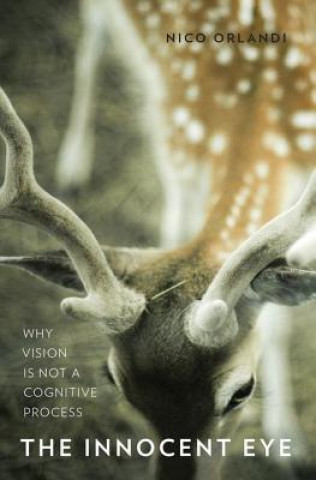
Kod: 04532379
Innocent Eye
Autor Nico Orlandi
Why does the world look to us as it does? Generally speaking, this question has received two types of answers in the cognitive sciences in the past fifty or so years. According to the first, the world looks to us the way it does b ... więcej
- Język:
 Angielski
Angielski - Oprawa: Twarda
- Liczba stron: 272
Wydawca: Oxford University Press Inc, 2014
- Więcej informacji o książce

Zobacz książki o podobnej tematyce
-

Importance of Assent
564.34 zł -

Something to Shout About
103.29 zł -14 % -

Miners, Unions and Politics, 1910-1947
778.09 zł -

Conscript
100.57 zł -

Ship Design
1273.37 zł -

Implementation of Legally Binding Measures to Strengthen the Biological and Toxin Weapons Convention
1121.43 zł
Podaruj tę książkę jeszcze dziś
- Zamów książkę i wybierz "Wyślij jako prezent".
- Natychmiast wyślemy Ci bon podarunkowy, który możesz przekazać adresatowi prezentu.
- Książka zostanie wysłana do adresata, a Ty o nic nie musisz się martwić.
Więcej informacji o Innocent Eye
Za ten zakup dostaniesz 235 punkty
 Opis
Opis
Why does the world look to us as it does? Generally speaking, this question has received two types of answers in the cognitive sciences in the past fifty or so years. According to the first, the world looks to us the way it does because we construct it to look as it does. According to the second, the world looks as it does primarily because of how the world is. In The Innocent Eye, Nico Orlandi defends a position that aligns with this second, world-centered tradition, but that also respects some of the insights of constructivism. Orlandi develops an embedded understanding of visual processing according to which, while visual percepts are representational states, the states and structures that precede the production of percepts are not representations. If we study the environmental contingencies in which vision occurs, and we properly distinguish functional states and features of the visual apparatus from representational states and features, we obtain an empirically more plausible, world-centered account. Orlandi shows that this account accords well with models of vision in perceptual psychology - such as Natural Scene Statistics and Bayesian approaches to perception - and outlines some of the ways in which it differs from recent 'enactive' approaches to vision. The main difference is that, although the embedded account recognizes the importance of movement for perception, it does not appeal to action to uncover the richness of visual stimulation. The upshot is that constructive models of vision ascribe mental representations too liberally, ultimately misunderstanding the notion. Orlandi offers a proposal for what mental representations are that, following insights from Brentano, James and a number of contemporary cognitive scientists, appeals to the notions of de-coupleability and absence to distinguish representations from mere tracking states.
 Szczegóły książki
Szczegóły książki
Kategoria Książki po angielsku Reference, information & interdisciplinary subjects Interdisciplinary studies Cognitive science
402.74 zł
- Pełny tytuł: Innocent Eye
- Podtytuł: Why Vision Is Not a Cognitive Process
- Autor: Nico Orlandi
- Język:
 Angielski
Angielski - Oprawa: Twarda
- Liczba stron: 272
- EAN: 9780199375035
- ISBN: 0199375038
- ID: 04532379
- Wydawca: Oxford University Press Inc
- Waga: 490 g
- Wymiary: 243 × 157 × 23 mm
- Data wydania: 21. August 2014
Ulubione w innej kategorii
-

Distracted Mind
79.73 zł -10 % -

Embodied Mind
154.04 zł -12 % -
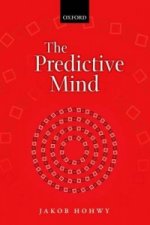
Predictive Mind
233.98 zł -

Mindware
462.54 zł -

Cambridge Handbook of Artificial Intelligence
187.07 zł -
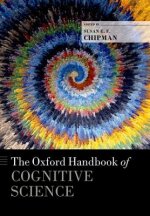
Oxford Handbook of Cognitive Science
1008.36 zł -
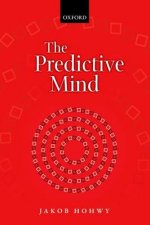
Predictive Mind
806.59 zł -

Enaction
171.96 zł -

Neuropsychopharmacology
834.78 zł -9 % -

Cambridge Handbook of Artificial Intelligence
459.12 zł -
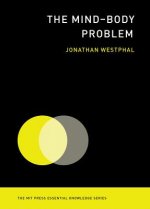
Mind-Body Problem
73.39 zł -4 % -
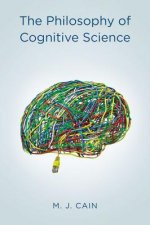
Philosophy of Cognitive Science
152.73 zł -

Mark of the Mental
201.46 zł -11 % -

Big Data in Cognitive Science
837.80 zł -

Human Sexuality
554.57 zł -

Genius Checklist
132.59 zł -

Handbook of Collective Intelligence
131.89 zł -22 % -

Cognitive Science and Artificial Intelligence
311.11 zł -

Body Image and the Asian Experience
736.31 zł -
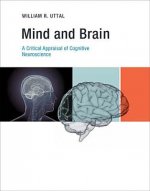
Mind and Brain
38.75 zł -22 % -
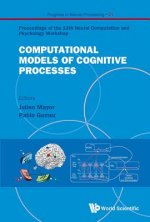
Computational Models Of Cognitive Processes - Proceedings Of The 13th Neural Computation And Psychology Workshop
628.17 zł -

Anigrafs
38.75 zł -22 % -
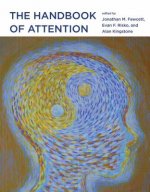
Handbook of Attention
353.80 zł -11 % -
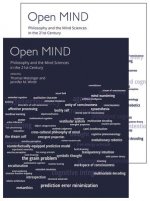
Open MIND
1165.94 zł -21 % -

Brain Sell
70.37 zł -23 % -

Anthropology of the Brain
415.22 zł -

Scientific Study of Personal Wisdom
733.99 zł -
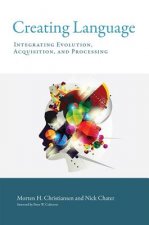
Creating Language
131.89 zł -22 % -

Experiments and Modeling in Cognitive Science
704.39 zł -9 % -

Understanding Female Offenders
691.60 zł -

States and Processes for Mental Health
828.44 zł -
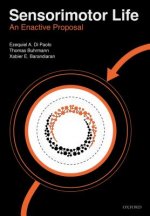
Sensorimotor Life
465.66 zł -

Embodiment, Enaction, and Culture
211.23 zł -21 % -

Collective Intelligence
643.78 zł -

MRI Atlas of the Infant Rat Brain
808.50 zł -9 % -

Big Data in Cognitive Science
300.44 zł -
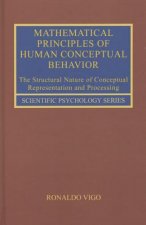
Mathematical Principles of Human Conceptual Behavior
901.64 zł -

From Symptom to Synapse
849.18 zł -

Pragmatic Guide to Low Intensity Psychological Therapy
619.72 zł -10 % -
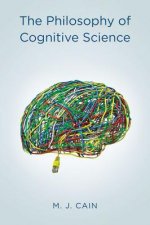
Philosophy of Cognitive Science
353.60 zł -

Visual Attention and Consciousness
837.80 zł -

Measuring and Modeling Persons and Situations
828.44 zł -

Shaping the Future of Child and Adolescent Mental Health
445.22 zł -
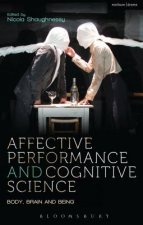
Affective Performance and Cognitive Science
1047.13 zł -
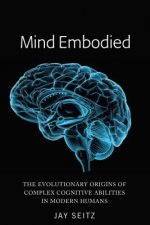
Mind Embodied
620.12 zł -

Who's Asking?
201.46 zł -11 % -
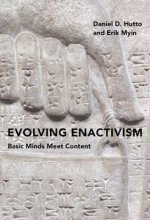
Evolving Enactivism
175.18 zł -11 % -

Mindmade Politics
201.77 zł -22 % -

Action Science
38.75 zł -22 %
zadowolonych klientów
Od roku 2008 obsłużyliśmy wielu miłośników książek, ale dla nas każdy był tym wyjątkowym.
Copyright! ©2008-24 libristo.pl Wszelkie prawa zastrzeżonePrywatnieCookies



 21 milionów książek
21 milionów książek Dostawa 10.99 zł
Dostawa 10.99 zł (32) 444 93 66 (8-15.30h)
(32) 444 93 66 (8-15.30h)